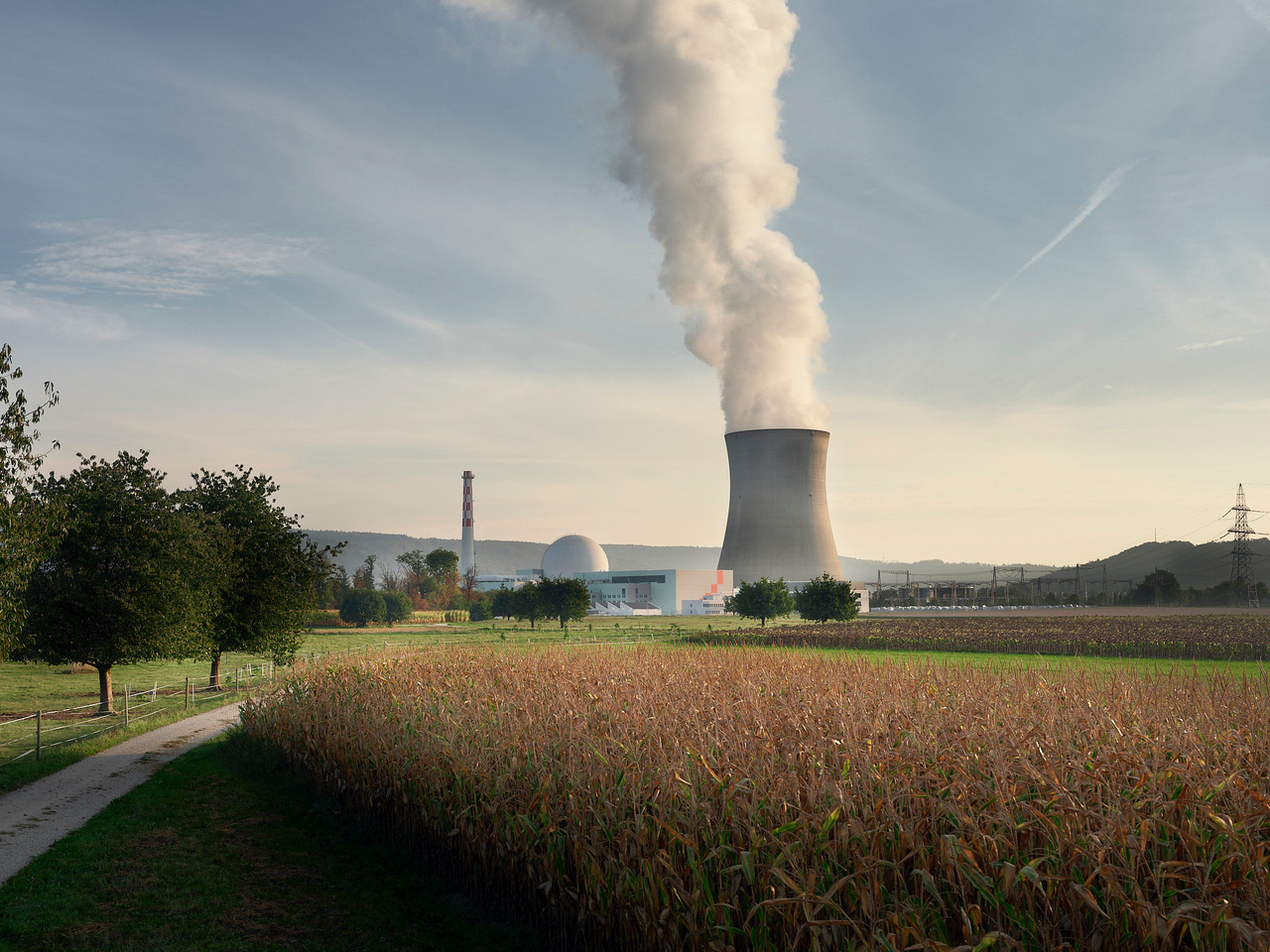
Swiss nuclear power plants contribute to the country's security of supply as long as they can be operated safely and economically. The fact that the energy supply should be economical is enshrined in the Federal Constitution and the Energy Act. The latter mentions cost transparency and competitiveness as the basis for an economical energy supply. This interest is shared by the state and the owners of the nuclear power plants, over 80 percent of which are publicly owned (cantons, cities, power plants).
In accordance with the polluter-pays principle enshrined in law, the production costs include all costs associated with nuclear energy. They have been between 4 and 7 centimes per kilowatt hour for years. Swiss nuclear power plants therefore not only produce predictable, but also affordable and price-stable electricity. This electricity is of great value, especially during the winter break, when Switzerland is dependent on imports.
The production costs of electricity from a Swiss nuclear power plant are included:
The production costs for the nuclear power plants Gösgen and Leibstadt are reported using two values: the actual costs and the normalized costs. The annual fluctuation in the value of the decommissioning and waste disposal funds influences the annual and therefore also the production costs per kilowatt hour. For this reason, normalized annual and production costs are also calculated in addition to the effective costs in order to improve comparability and estimate the operating result of a nuclear power plant.
It should be noted that the investments made by nuclear power plants can lead to minor fluctuations in production costs. Fuel costs are another special feature. In the case of nuclear energy, the pure uranium costs only account for around five percent of the production costs.